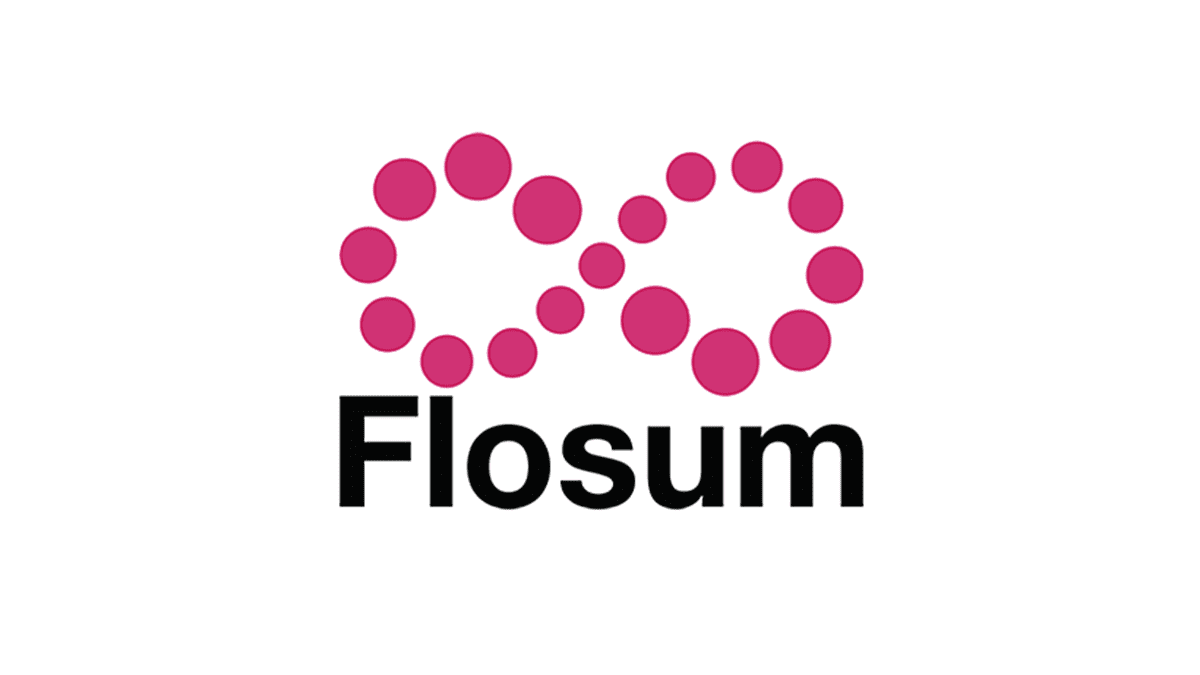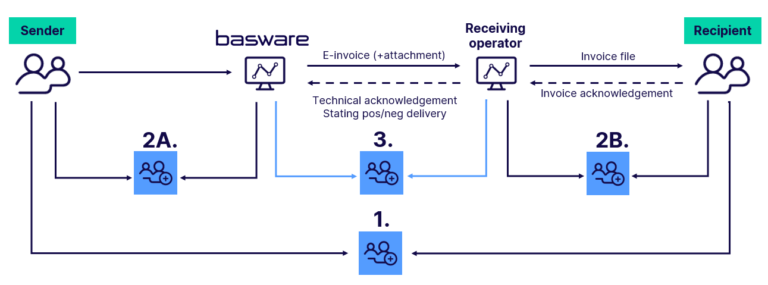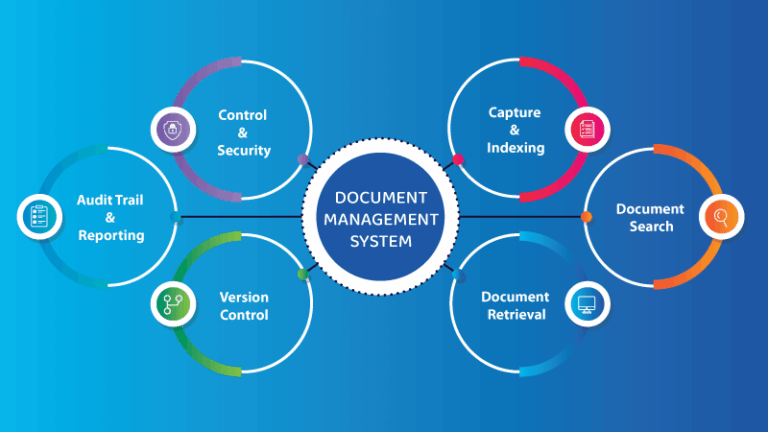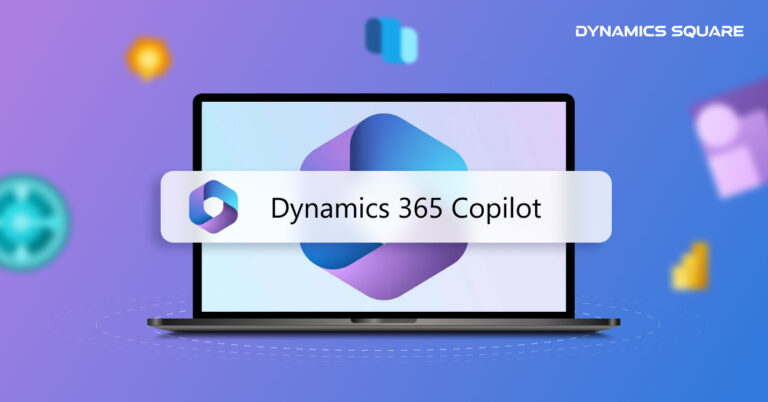Copado Salesforce Integration: Features, Benefits, and Top DevOps Solutions for 2025
Copado is a leading DevOps platform built natively on Salesforce, designed to simplify and streamline the process of managing development, testing, deployment, and releases across Salesforce environments. With the rise of agile software practices, Salesforce teams now require powerful tools that integrate seamlessly into their ecosystem. Copado delivers just that—supporting end-to-end delivery with automation, governance, and continuous integration/continuous deployment (CI/CD).
This article offers a deep dive into how Copado for Salesforce works, its core benefits, use cases, top related DevOps tools, and how you can start using it today.
What Is Copado Salesforce?
Copado is a native Salesforce DevOps platform that provides complete visibility and control over your development lifecycle. Designed for Salesforce developers, admins, and release managers, it unifies version control, automated testing, continuous delivery, and agile planning.
The platform supports both low-code and pro-code teams, enabling collaboration across departments and reducing the friction of Salesforce deployments. By centralizing change management, Copado minimizes errors and enhances team productivity.
Key Features of Copado Salesforce
CI/CD for Salesforce
Copado brings the power of Continuous Integration and Continuous Deployment to the Salesforce ecosystem. It automates the deployment process from sandbox to production, ensuring that every change is tested, validated, and ready for release.
The CI/CD pipelines in Copado are customizable and scalable, making it easier for teams to deliver updates faster and more reliably. This means reduced downtime, fewer errors, and faster innovation cycles.
Version Control Integration
Copado seamlessly integrates with Git-based version control systems such as GitHub, Bitbucket, and GitLab. This ensures all changes in metadata and code are tracked, versioned, and auditable.
Users can perform branch merges, conflict resolution, and pull requests directly from Copado’s user interface, making it user-friendly even for non-technical users.
Automated Testing and Quality Gates
With Copado, teams can set up automated testing pipelines that run unit tests, static code analysis, and UI testing. Quality gates help prevent defective code from moving forward in the pipeline.
These automation features ensure only quality releases are delivered, improving compliance and reducing manual QA effort.
User Story and Agile Management
Built-in agile project management allows users to create user stories, link commits, and monitor progress across sprints. It aligns development work with business priorities and promotes transparency in every stage of the release process.
Copado also supports integration with tools like Jira, enabling seamless communication between development and product teams.
Compliance and Audit Tracking
For regulated industries, Copado provides detailed logs, change tracking, and deployment audit trails to ensure compliance. Every action is traceable, helping organizations maintain transparency and control.
Audit-ready reporting is particularly valuable for companies in healthcare, finance, or government sectors that require strict governance.
Benefits of Using Copado for Salesforce Teams
Streamlined Deployments
Traditional Salesforce change sets are error-prone and time-consuming. Copado replaces this with automated, reliable deployments. This reduces bottlenecks in the delivery pipeline, allowing teams to deploy more frequently and with greater confidence.
By removing manual processes, teams gain back hours of productivity and reduce release anxiety.
Enhanced Collaboration
Copado fosters collaboration between developers, admins, QA, and business users by centralizing communication and progress tracking. Everyone is aligned on priorities, release status, and deployment readiness.
This unified approach improves handoffs and reduces rework, saving time and boosting morale.
Faster Time-to-Market
With automated testing, CI/CD pipelines, and version control, updates can be rolled out faster without compromising quality. This agility enables businesses to respond to market changes more effectively.
Whether you’re launching a new feature or fixing a bug, Copado ensures you’re moving at speed without losing stability.
Real-World DevOps Tools Related to Copado Salesforce
Gearset
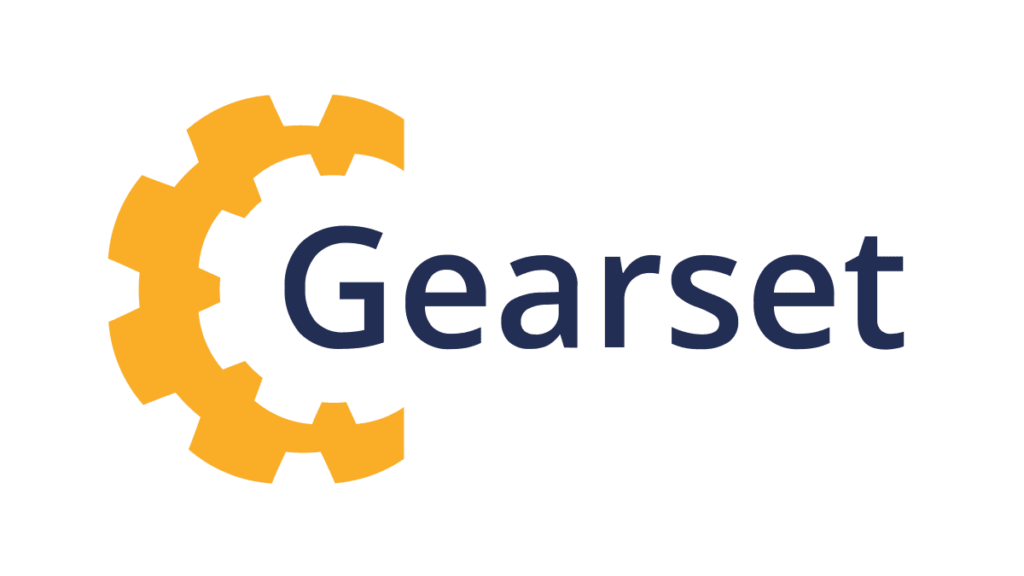
Gearset is a DevOps solution for Salesforce that offers metadata deployments, continuous integration, and backup capabilities. Known for its intuitive UI, Gearset is popular among teams seeking a flexible alternative to Copado.
Gearset excels in comparison reporting, making it easy to track differences between environments and reduce deployment risks.
AutoRABIT
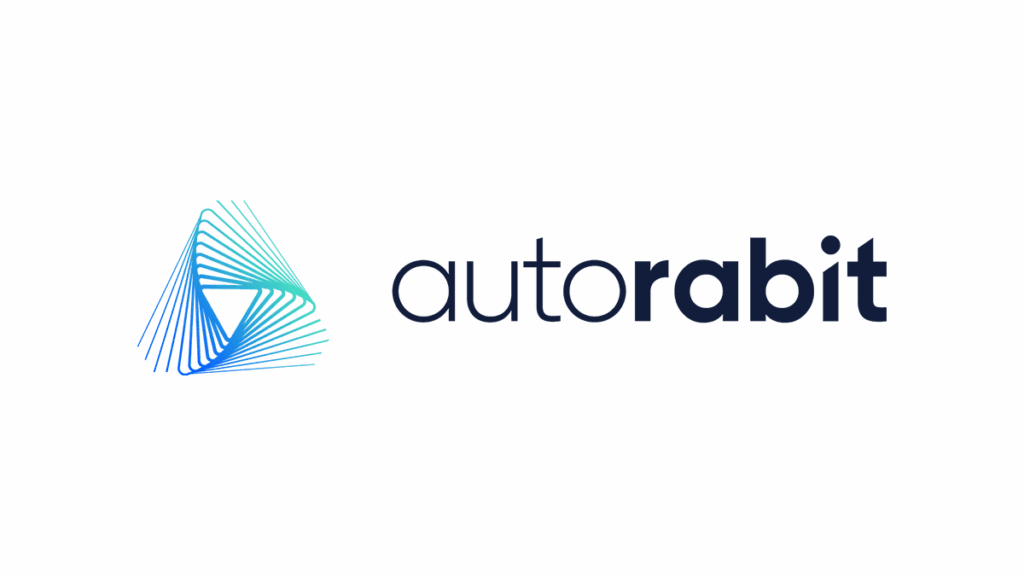
AutoRABIT offers end-to-end DevOps for Salesforce with features like CI/CD, static code analysis, and data backup. It’s suitable for enterprises looking for compliance-ready automation.
It integrates deeply with Git and supports complex deployment scenarios across large development teams.
Blue Canvas

Blue Canvas provides Git-based source control and CI/CD for Salesforce developers. It allows bi-directional sync between your Salesforce org and Git repo, making versioning and rollback simple.
It is a lightweight alternative to Copado that focuses on developer-friendly experiences.
Flosum
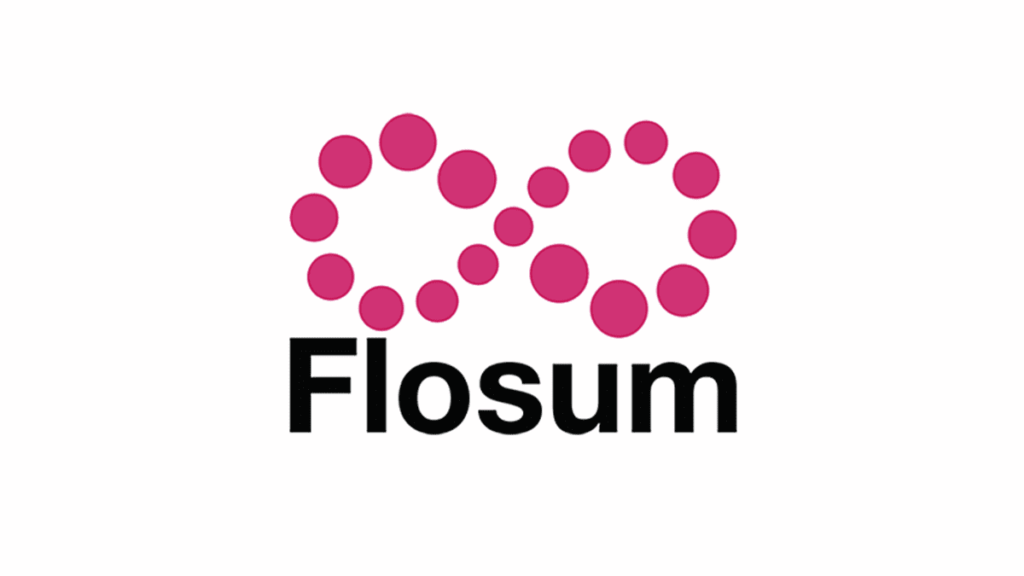
Flosum is a Salesforce-native DevSecOps platform focusing on security, compliance, and deployment automation. Ideal for financial and healthcare companies.
It’s an all-in-one platform that combines source control, CI/CD, release management, and auditing capabilities.
Salto
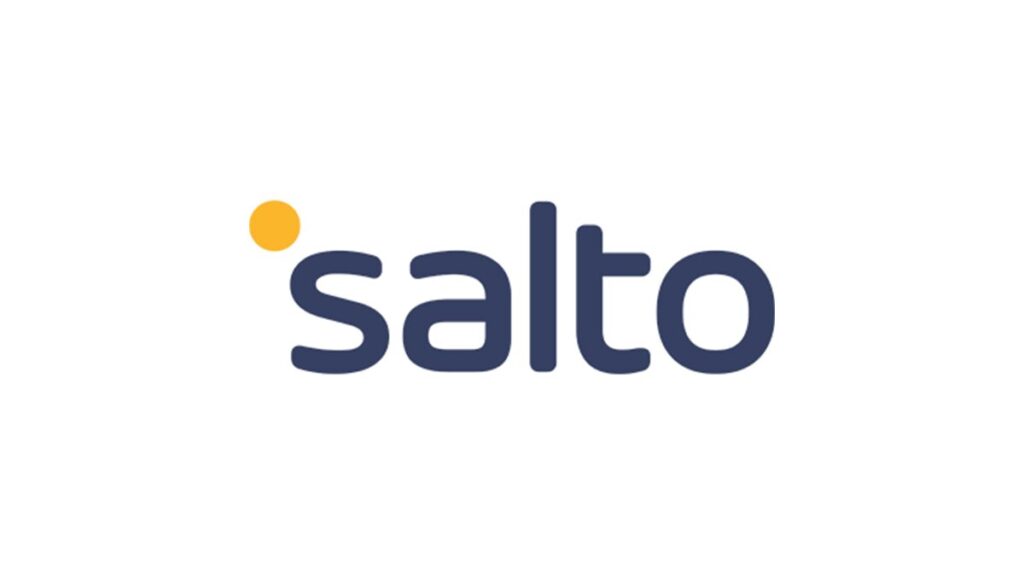
Salto is a DevOps tool that extends beyond Salesforce into platforms like NetSuite and Zendesk. It uses a unique NaCl configuration language to manage and deploy business applications at scale.
Salto appeals to engineering teams managing multi-platform SaaS ecosystems.
Use Cases: Why Teams Choose Copado for Salesforce
Managing Complex Salesforce Orgs
Large organizations with multiple development teams and Salesforce environments often struggle to keep releases consistent and conflict-free. Copado’s automated merge conflict resolution and deployment previews help minimize errors across sandboxes and production.
It ensures all changes are tested and reviewed before hitting production.
Supporting Regulated Industries
Businesses in finance, insurance, or healthcare require rigorous change tracking and approval workflows. Copado offers audit trails, role-based access, and compliance-ready reporting to support these needs.
It simplifies governance without slowing down development.
Aligning Agile and DevOps
Agile teams need visibility into work progress and release readiness. Copado integrates agile project management with DevOps pipelines, enabling end-to-end alignment from story creation to production deployment.
This visibility improves planning and ensures work is prioritized correctly.
How to Buy and Where to Buy Copado
Getting started with Copado is easy. Visit the official Copado website, request a demo, or contact their sales team for a custom quote based on your organization’s size and needs.
Frequently Asked Questions
1. Is Copado suitable for small Salesforce teams?
Yes, Copado offers scalable plans for both small teams and enterprise-level organizations. It’s especially useful as your DevOps needs grow.
2. Can Copado integrate with Jira and GitHub?
Absolutely. Copado supports seamless integrations with Jira, GitHub, Bitbucket, GitLab, and other popular DevOps and project management tools.
3. Is Copado difficult to implement?
No, Copado provides onboarding support, training, and documentation to help your team adopt DevOps practices with minimal friction.

